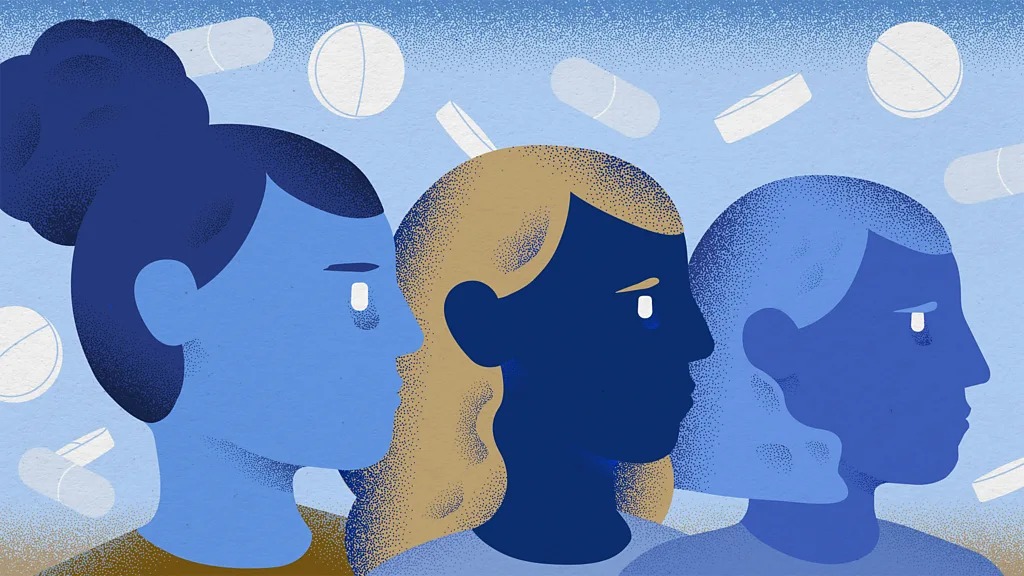
Understanding Pill Anxiety Effects
Many women worry about pill anxiety effects, wondering if contraceptive pills impact their mental health. Sarah E. Hill, a researcher at Texas Christian University, spent over a decade on the pill without questioning it. After switching contraceptives, she felt her life shift from a dull, monochrome existence to a vibrant, meaningful one. Her experience inspired her 2019 book, How the Pill Changes Everything, sparking wider discussions about oral contraceptives and mood. Evidence suggests these concerns may hold some truth—studies link the pill to increased anxiety and depression risks in some users.
Research on Pill Anxiety Effects
The pill’s hormones—synthetic estrogen and progesterone—don’t just prevent pregnancy; they influence brain chemistry. A 2016 Danish study of over a million women found those on the combined pill were 70% more likely to receive antidepressants within six months. Mini-pill users faced an 80% higher risk. A 2023 UK Biobank study echoed this, showing a 71% increased depression likelihood among pill users. These cohort studies highlight associations, not causation, but the pill anxiety effects remain a hot topic. Hormones may disrupt serotonin and stress responses, potentially amplifying anxiety in vulnerable groups like teens.
Contraceptive use is declining globally. In England, pill uptake dropped from 39% in 2020–2021 to 27% in 2021–2022, per Sexual and Reproductive Health services. Social media, with hashtags like #quittingbirthcontrol, fuels this shift, though misinformation from influencers complicates the narrative. Some even link this trend to rising UK abortion rates. For reliable insights, check BBC or explore related topics on Kenkou Land.
Main Body: Balancing Benefits and Risks
Since its 1960 debut, the pill empowered women, offering a 1% failure rate (9% with human error). Today, 150 million women worldwide use it. Yet, its mental health impact divides experts. Johannes Bitzer, an OBGYN at University Hospital Basel, notes hormones affect individuals differently—some feel better, others experience irritation or anxiety. Historically, mental health warnings were overlooked in favor of physical side effects like thrombosis. Only recently, since the 2016 Danish study, has research intensified.
Conflicting studies muddy the waters. Ohio State University found minimal depression links with progestogen-only pills, while Swedish trials saw no mood worsening. A 2023 Austrian study, however, noted a 7% anxiety spike during pill breaks. Belinda Pletzer, a neuroscientist, suggests continuous use might mitigate this. Still, pill anxiety effects hit a small percentage hardest—teens and those with prior mental health issues face elevated risks. Adolescents in the Danish study were nearly twice as likely to need antidepressants.
The pill alters natural hormones, potentially lowering serotonin and allopregnanolone, which regulate mood. This may explain anxiety or depression in some users. Benefits, like managing heavy bleeding or preventing unplanned pregnancies (linked to depression), can outweigh risks for others. Self-awareness is key—monitor your mood when starting or switching pills. With over 30 brands, finding the right fit takes trial and error. Alternatives like condoms or IUDs offer hormone-free options. Hill urges women to prioritize feeling like their best selves when choosing contraception.





